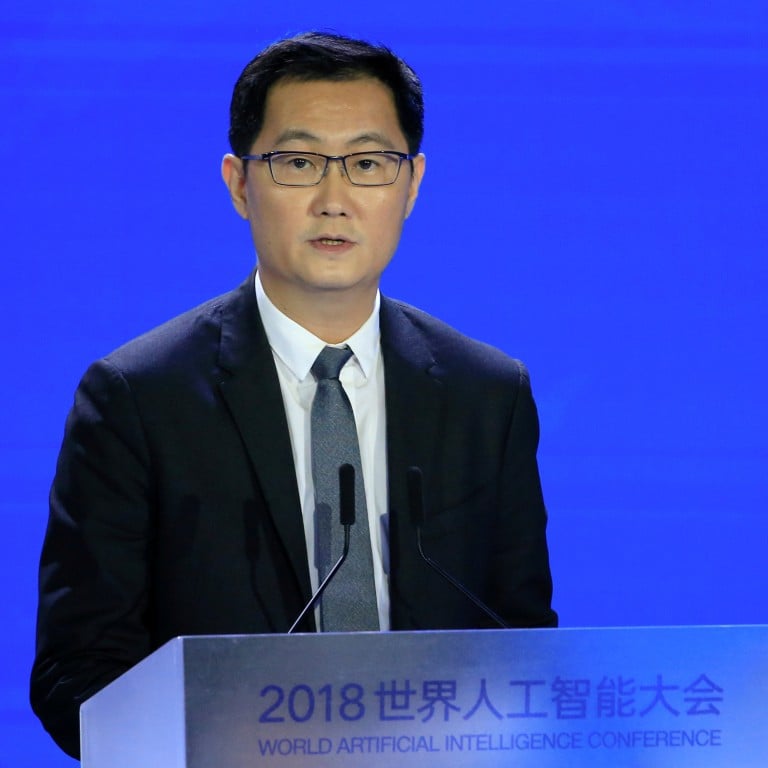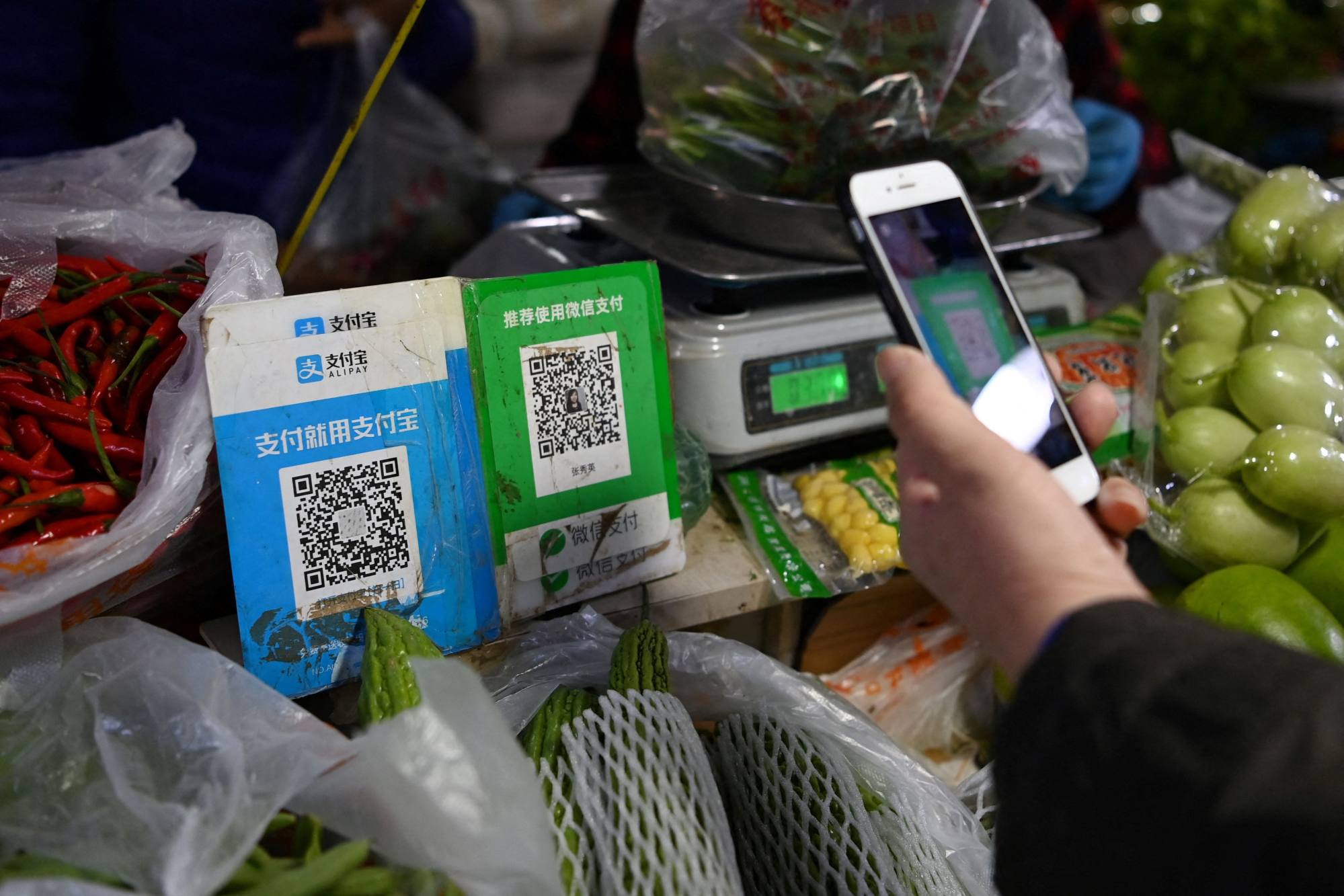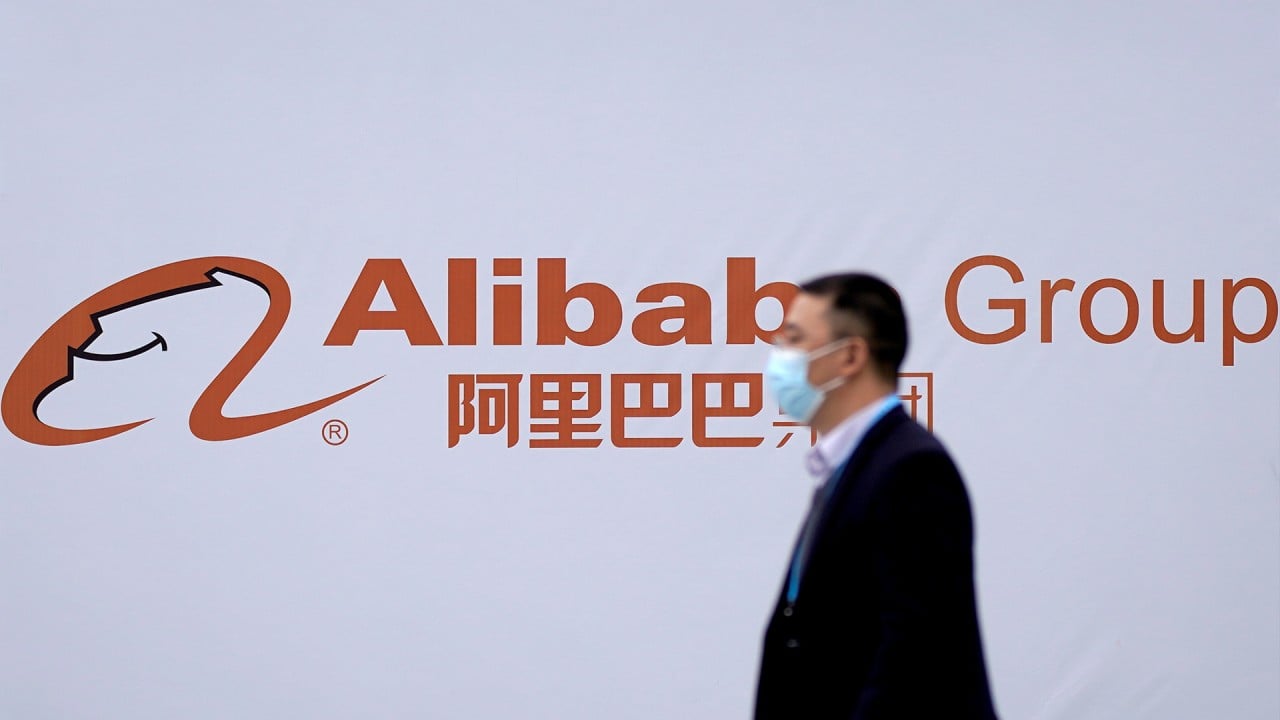
Tencent’s Pony Ma talks with antitrust authorities in Beijing, putting on a brave face amid new fintech rules
- Tencent confirmed a meeting between founder Pony Ma and Beijing’s antitrust authority, but the tech giant said the meeting was voluntary and a normal occurrence
- The prospect of tightening antitrust scrutiny in fintech and other areas has made investors skittish, pushing stock prices down as earnings continue to rise
Ma said during a conference call on Wednesday that Tencent is cooperating with regulators on compliance issues, including “reviewing some conditions in our past investments”, but he did not mention the meeting.
In response to a Reuters report about the meeting between Ma and the State Administration of Market Regulation (SAMR) this month, Tencent president Martin Lau Chi-ping said during the conference call that it was a voluntary meeting and that the company discussed “a broad range of topics” with the regulatory agency.
“The main focus [of the meeting] is actually on creating a healthy environment for innovation to happen in China,” Lau said.
Lau did not say who else attended the meeting or provide any additional details.
Ma requested a meeting with the SAMR deputy head Gan Lin and other senior officials while attending the National People’s Congress in early March, Reuters reported, citing unidentified sources.

On March 12, the SAMR said it had fined 12 Chinese firms, including Tencent and Baidu, 6 million yuan (US$920,840) each for failing to report merger deals for review.
The regulatory uncertainty now hanging over Tencent has hit the company’s stock price, derailing its ascent on its way to possibly becoming Asia’s first company valued at US$1 trillion. Tencent’s share price in Hong Kong closed at HK$623.50 (US$80.30) on Wednesday, down 18 per cent from its peak on January 25.
Despite investor skittishness, Tencent’s myriad businesses have remained strong throughout the Covid-19 pandemic. The company’s fourth-quarter profits rose 175 per cent year on year to 59.3 billion yuan. Total revenue was up 26 per cent to 133.7 billion yuan.
Fintech is a particular area of concern for Tencent, as the company is China’s second-largest mobile payments operator. Fintech and business services made up 29 per cent of the company’s revenue last quarter, pulling in 38.5 billion yuan.
Tencent tests Beijing’s antitrust redline with game streaming merger
Lau downplayed what this might mean for Tencent, saying the move would be “just about changing the organisation structure, and it has no big impact on business”. He added that Tencent has been doing well in compliance and risk control with its fintech products and that the business has been growing in a healthy and continuous manner.
Tencent has “always been very focused on compliance and will continue to operate strictly in compliance with the rules and regulations”, Lau said in the earnings call.
Lau also said that other new financial regulations will have a limited impact on Tencent because the company has already complied with them. These include a 30 per cent capital requirement for online credit, an online credit cap of 200,000 yuan and a ban on credit for university students.
“We embrace the changes in regulations,” Lau said.


